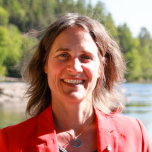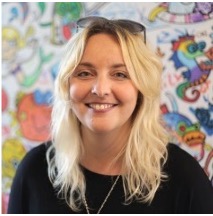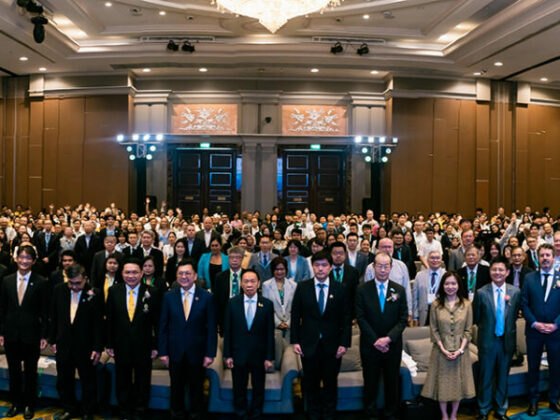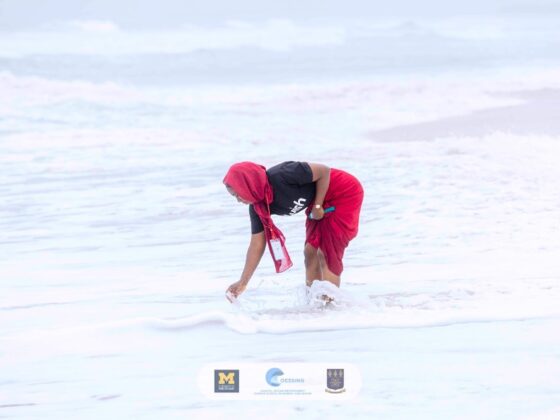In the face of increasing anthropogenic threats to ecosystems and livelihoods, such as marine pollution, climate change events, and over-exploitation of ocean resources, reshaping our connection with the ocean at all scales and across all of society has become imperative. Through its Challenge 10: “Change Humanity’s Relationship with the Ocean”, the United Nations Decade of Ocean Science for Sustainable Development 2021-2030 (the ‘Ocean Decade’) aims to encourage behavioral changes and ensure the impact of solutions in improving humanity’s relationship with the ocean.
Our collective responsibility extends beyond “sustainable ocean management” and conventional scientific methods, additional data, and good science communication. To support and enhance sustainability and health of marine and coastal resources, we must recognize the ocean as a living ecosystem with its own rights and adopt responsible behaviors.
Ocean Decade Challenge 10 is devoted to building an ocean-literate society – one where the ocean is better understood, valued, and cared for. To shape the strategic roadmap towards this goal, the Ocean Decade’s Vision 2030 Working Group 10 has identified key drivers that are foundational to restoring humanity’s relationship with the ocean, which will be presented in the form of a white paper. The Group is co-chaired by Dr. Diz Glithero, Director of the Canadian Ocean Literacy Coalition, and Nicola Bridge, Head of Ocean Advocacy and Engagement at the Ocean Conservation, Plymouth, UK.

Dr. Diz Glithero, Director of the Canadian Ocean Literacy Coalition
“The ocean, inclusive of all water bodies and waterways, must become inextricably linked with our sense of self, our sense of place, and our collective well-being,” they emphasized. “Behavioral change requires personal, emotional, and cultural connections with the ocean. These societal ties are necessary to drive motivation, generate opportunities, and provide access for individuals and communities to contribute to and act on science.”
In this context, the Working Group aspires to create enabling conditions and environments to support humanity to have the motivation, capability, and opportunity to behave in ways that ensure a healthy ocean.

Nicola Bridge, Head of Ocean Advocacy and Engagement at the Ocean Conservation.
In ever-changing political, economic, societal, and cultural environments, a balanced ‘whole-of-society’ approach could ensure that humans reconnect with the ocean. Engaging a diverse range of stakeholders, including policymakers, educators, media and communication experts, Indigenous communities and cultural leaders, artists, and businesses in this process is crucial. This societal shift involves leveraging multiple knowledge systems, such as behavioral science, marine social science, political science, ecological psychology, and transformative education.
“A transformative path forward is available through transdisciplinary collaboration, bridge-building, and a keen awareness that ideas alone are insufficient to motivate and enable the scale of change required,” noted co-chairs Diz Glithero and Nicola Bridge. “We do not need to reinvent the wheel, but to turn it differently, together.”
Get involved in the Ocean Decade transformative journey to 2030!
To ensure a diverse and inclusive approach to the Vision 2030 process, the global ocean community is invited to participate in the review process of the white papers before 22 February 2024. Your insights, feedback, and expertise will contribute to shaping the strategic ambitions and determine the milestones for each Challenge!
The initial findings of the Working Group will be shared on 23 February 2024 during the Vision 2030 Town Hall session at the 2024 Ocean Science Meeting, in which Diz Glithero will take part. The feedback will be used to refine the Working Group 10 white paper.
The final draft versions will be presented and debated during thematic ‘Science Solution Forums’ at the 2024 Ocean Decade Conference in Barcelona, a pivotal event for the Vision 2030 process. The outcomes of discussions will feed into the final version of the documents.
Click here to meet Working Group 10 and find out more about the Vision 2030 process.
For more information, please contact:
Vision 2030 Team (vision2030@unesco.org)
***
About the Ocean Decade:
Proclaimed in 2017 by the United Nations General Assembly, the UN Decade of Ocean Science for Sustainable Development (2021-2030) (‘the Ocean Decade’) seeks to stimulate ocean science and knowledge generation to reverse the decline of the state of the ocean system and catalyse new opportunities for sustainable development of this massive marine ecosystem. The vision of the Ocean Decade is ‘the science we need for the ocean we want’. The Ocean Decade provides a convening framework for scientists and stakeholders from diverse sectors to develop the scientific knowledge and the partnerships needed to accelerate and harness advances in ocean science to achieve a better understanding of the ocean system, and deliver science-based solutions to achieve the 2030 Agenda. The UN General Assembly mandated UNESCO’s Intergovernmental Oceanographic Commission (IOC) to coordinate the preparations and implementation of the Decade.
About the IOC/UNESCO:
The Intergovernmental Oceanographic Commission of UNESCO (IOC/UNESCO) promotes international cooperation in marine sciences to improve management of the ocean, coasts and marine resources. The IOC enables its 150 Member States to work together by coordinating programmes in capacity development, ocean observations and services, ocean science and tsunami warning. The work of the IOC contributes to the mission of UNESCO to promote the advancement of science and its applications to develop knowledge and capacity, key to economic and social progress, the basis of peace and sustainable development.


